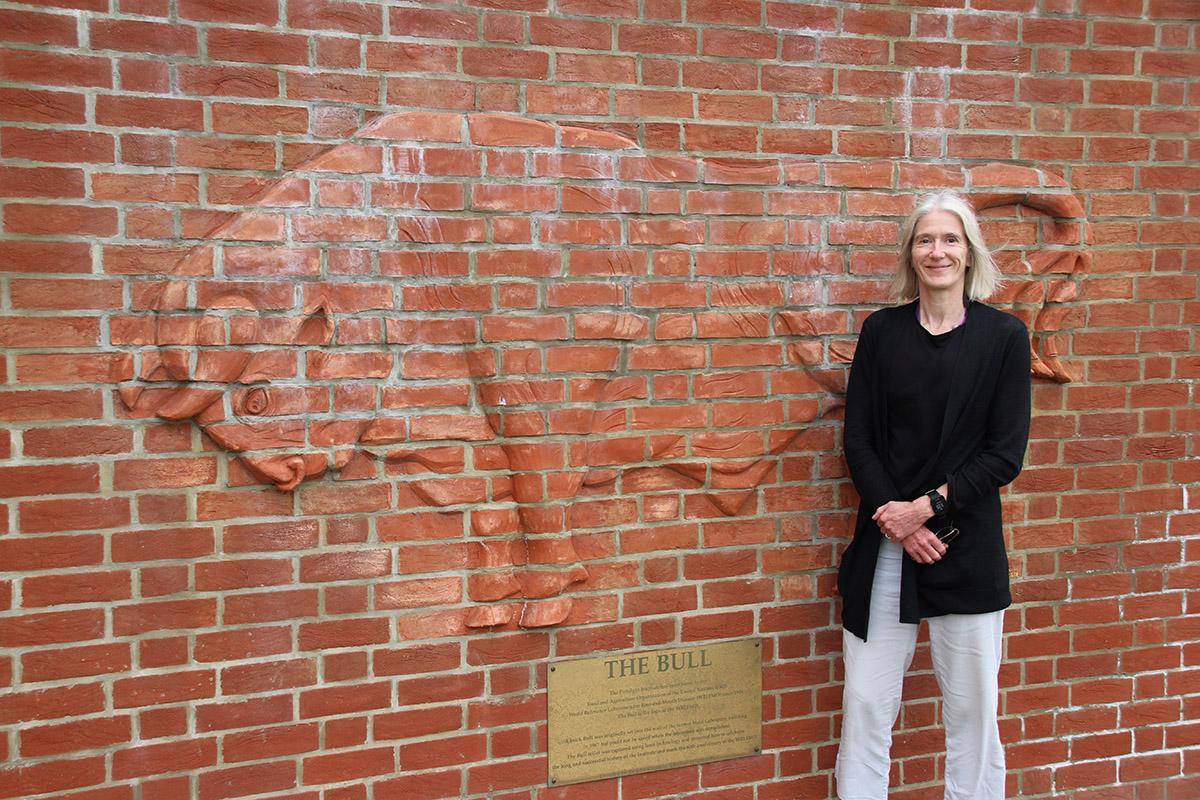Pirbright scientist Dr Susan Baigent has accepted an Honorary Assistant Professorship in the School of Biosciences at the University of Nottingham.
Dr Baigent was nominated by Natalie Mack, Assistant Professor in Biotechnology at the University’s School of Biosciences, Faculty of Science, in recognition of her online lectures on Marek’s disease virus (MDV) supporting an MSc module organised by Dr Mack.
Welcoming her new position, Sue said: “I was delighted to be offered the position of Honorary Assistant Professor, having been nominated by Dr Mack, who is module convenor for the university’s “Industrial and commercial aspects of animal biotechnology” MSc module.
“I have given an annual lecture on ‘Development and commercialisation of molecular tests for MDV’ on this module each year since 2020. I am very grateful to Dr Mack for the nomination, and look forward to developing further links with the university.”
Dr Mack said: “It has been an absolute pleasure to have Sue teach on this module each year. Her contribution enriches the curriculum for our MSc Biotechnology (animal pathway) students and offers them real-world insights for various techniques they have been learning about. Sue is a fantastic presenter and always explains the concepts so clearly for the students. I am so pleased to be able to more formally recognise Sue’s contribution to our teaching.”
Dr Baigent joined the Institute in 1991 at Compton and moved to Pirbright in 2016 when the Berkshire site closed. She completed a PhD in 1995 from the University of Bristol, based on research into the genetic resistance of chickens to MDV, conducted at the Institute.
After her first post-doctoral position, Dr Baigent returned to working on MDV in 2002 in the Viral Oncogenesis Group, and manages Pirbright’s WOAH-accredited MDV reference laboratory.
Dr Baigent helped to develop molecular methods to test chickens for the presence of vaccine virus strains and pathogenic virus strains by testing feather samples, and also contributed to studies which demonstrate that vaccination against Marek’s disease is in part responsible for the emergence and persistence of more pathogenic strains of the virus.
